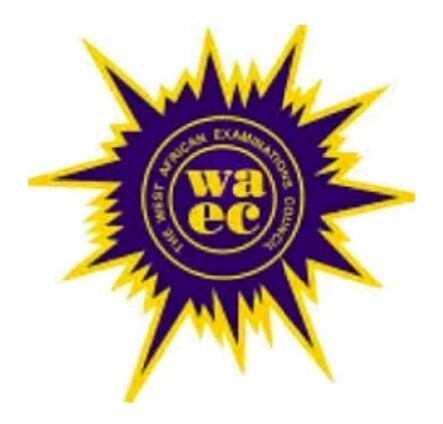Many students struggle to pass their Mathematics exams in WAEC due to their negative mindset towards the subject.
However, with the right approach and dedication, anyone can excel in Mathematics. In this article, we will discuss twelve helpful tips to help you pass your Mathematics examination in WAEC.
Table of Contents:
- Develop a Passion for Maths
- Understand the Exam Format
- Familiarize Yourself with the WAEC Syllabus
- Practice Daily
- Utilize Past Questions
- Join a Study Group
- Test Your Knowledge
- Seek Help When Needed
- Attend WAEC Tutorials
- Follow Proper Steps and Procedures
- Discover Shortcuts for Objective Questions
- Minimize Social Media Distractions
How to Pass Mathematics Examination in WAEC:
- Develop a Passion for Maths: To succeed in Mathematics, it’s crucial to develop a genuine interest and passion for the subject. Dedicate time to solve and learn mathematics problems, enjoy the process, and embrace the subject. Passion and concentration play a significant role in achieving success.
- Understand the Exam Format: Be familiar with the exam format for Mathematics in WAEC. The exam usually consists of two papers: Paper 1 (theory) and Paper 2 (objectives). Paper 1 requires answering a select number of questions, while Paper 2 requires answering all 60 questions. Understanding the format will help you study and prepare accordingly.
- Familiarize Yourself with the WAEC Syllabus: Obtain the WAEC syllabus for Mathematics for the current academic session. The syllabus outlines the topics you need to cover for the exam. Stick to the syllabus and focus your studies on the prescribed topics to avoid wasting time on irrelevant material.
- Practice Daily: Mathematics is a practical subject that requires regular practice. Make it a habit to solve mathematics problems daily. Seek questions from various sources such as textbooks, online resources, or exercises provided by your WAEC tutor. Consistent practice over 2 to 3 months will yield significant improvements.
- Utilize Past Questions: Past question papers are invaluable resources for exam preparation. Obtain past question papers from previous years, ideally with answers, and study them thoroughly. You will often find repeated questions, and practicing these will give you a sense of the exam’s pattern and types of questions asked.
- Join a Study Group: If you find it challenging to study alone or tend to get sleepy or distracted, consider joining a study group. Form a group with like-minded individuals who are focused on studying the syllabus and practicing past questions. The study group can provide motivation, support, and collaborative learning opportunities.
- Test Your Knowledge: After studying from textbooks or class notes, test your knowledge by attempting problems on your own. Create questions for yourself, especially on topics like simultaneous equations or any other area you are studying. Solve them using appropriate methods and techniques without resorting to shortcuts. Practice showing your work step-by-step, as required in exams.
- Seek Help When Needed: Do not hesitate to seek assistance when you encounter difficulties or have questions. Whether it’s your teacher or fellow classmates, reach out for clarification. Asking for help is a proactive step towards improving your understanding of challenging topics.
- Attend WAEC Tutorials: Consider attending WAEC tutorials, as they can provide valuable insights and guidance. Tutorials will help you solve past question papers effectively and enhance your exam-taking skills. Focus on addressing the topics that you find most challenging during these sessions.
- Follow Proper Steps and Procedures: During exams, ensure that you show your work and follow the proper steps and formulas for each question. Skipping steps or taking shortcuts may result in lost marks. Examiners often allocate marks to individual steps, so demonstrate your understanding of the question and avoid gambling with the examiner’s expectations.
- Discover Shortcuts for Objective Questions: For objective questions, develop shortcut techniques to save time. Objective questions require speed and accuracy. Identify strategies to solve different types of objective questions efficiently. Practice these shortcuts during your preparation to improve your speed and accuracy.
- Minimize Social Media Distractions: To make the most of your study time, minimize distractions, especially from social media. During your preparation period, avoid spending excessive time on social media platforms. Focus on your studies, allocate specific study hours, and stay disciplined.
Conclusion
Passing Mathematics in WAEC requires dedication, practice, and a positive mindset.
By following the twelve tips discussed in this article, you can improve your chances of success.
Develop a passion for Mathematics, understand the exam format, practice regularly, utilize past questions, seek help when needed, and stay focused on your goal. With persistence






